economics
GCSE
Why study Economics?
Economics GCSE is an essential grounding for further study of Economics at A level and degree level. The skills learned in Economics lend themselves to a wide range of careers including finance, banking, international development and insurance.
What is involved?
This subject looks at economic activity through the lens of consumers, producers, government and the workings of the global economy. As students go through the course they’re presented with opportunities to focus on real-world issues. Students will consider and reflect upon moral, ethical and sustainable issues that arise as a result of the impact of economic activity. Students will use their economic knowledge and skills to investigate national and global economic situations and issues from the last 15 years. Students will also be aware of the policies that governments have used to attempt to manage these situations and issues.
Students will develop quantitative skills relevant to the subject content and will be able to make relevant calculations from economic data and be able to interpret data presented in the form of graphs and charts
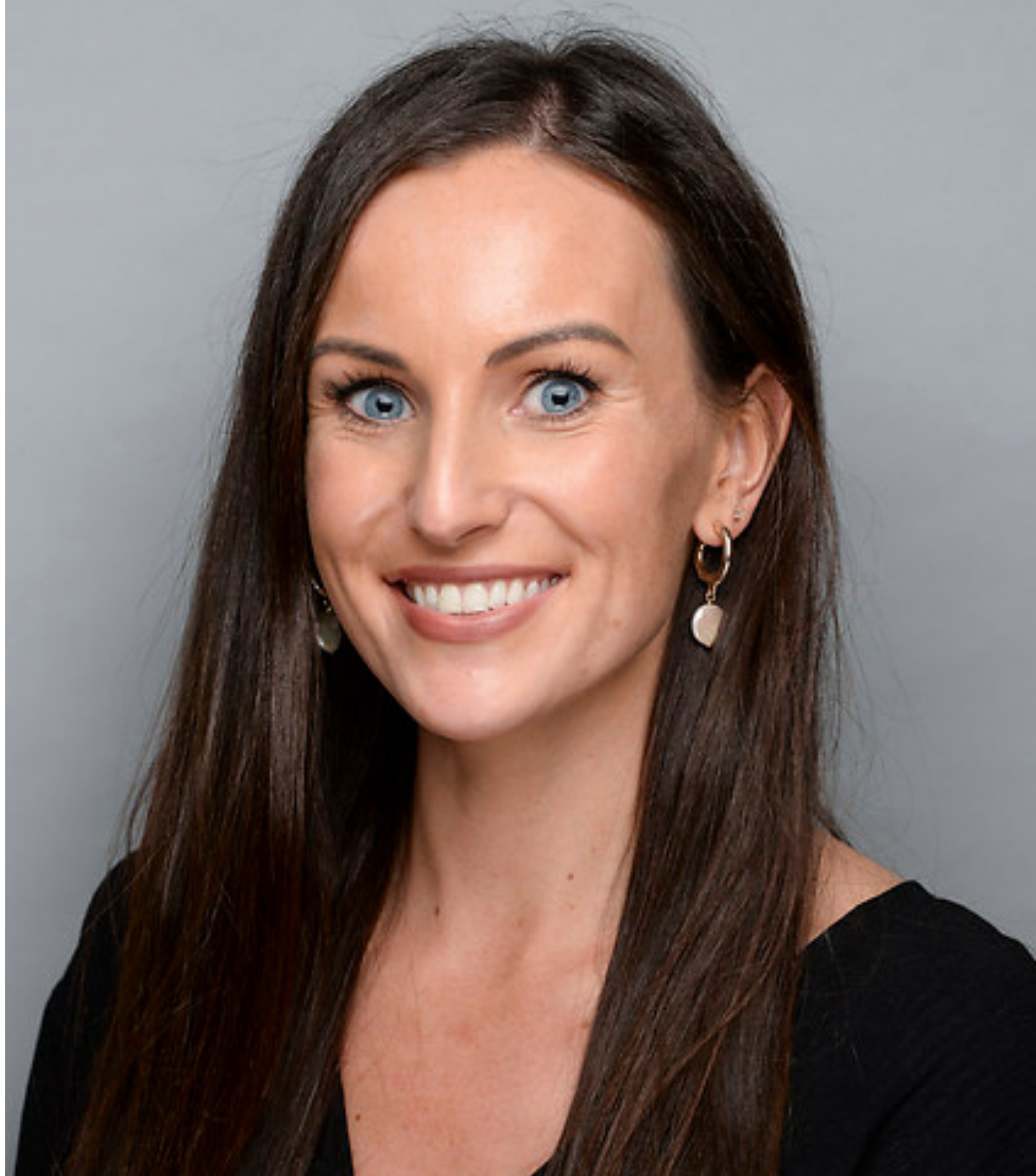
Ms. Charlene Doherty
Head of Business and Economics
Charlene graduated in 2011, with a BSc in Business from University of Ulster, before pursuing a career in quality assurance with Allstate Insurance. After two years’ industry experience she decided that her passion was teaching. She then secured a place in Middlesex University, moved to London and successfully completed a PGCE in Secondary Education the following year.
Where Are Our Students Now?
-
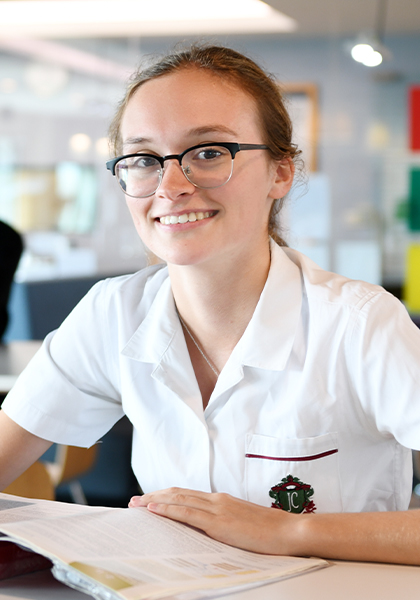
Amber Waite
University of Oxford - Neuroscience
-

Kazal Oshodi
4 A*
University of Cambridge - Engineering
-

Wen Qi Saw
4 A*
Durham University – Natural Sciences
-
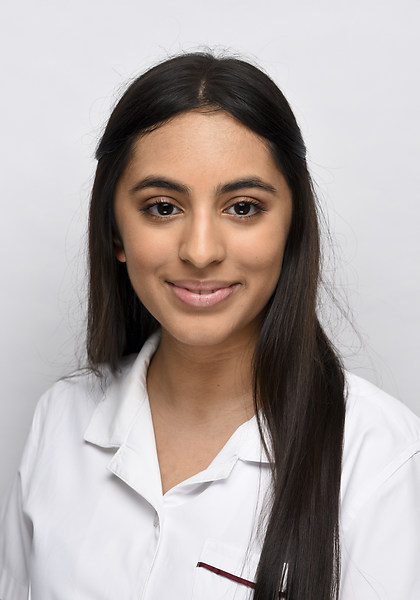
Aashna Acharya
3 A*
University College London - Psychology
-

Syed Musa Askari
3 A*
Kings College - Law
-

Amir Girgis
4 A* & 1 A
Georgia Institute of Technology – Computing
-

Antoine De Mascarel
3 A* & 1 A
École Polytechnique – Engineering and Economics
-
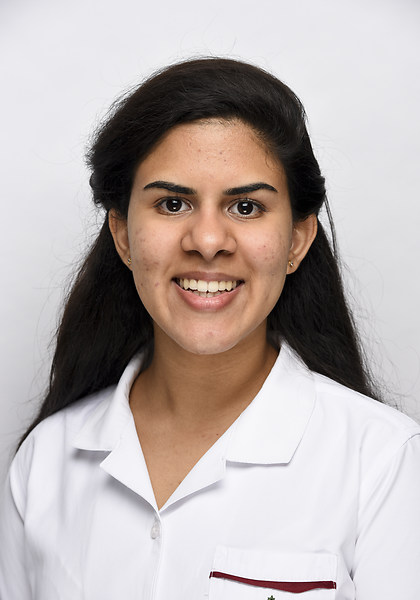
Ebani Dhawan
3 A* & 1 A
University College London – Arts and Sciences
-

Scott Shepherd
3 A* & 1 A
University of Cambridge – Asian and Middle Eastern Studies
-
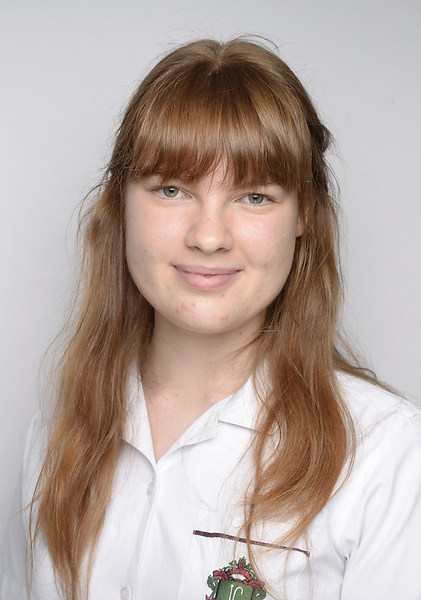
Kathryn Dey
2 A* & 1 A
Queens University Belfast – Medicine
-

Jade Gavigan
2 A* & 1 A
Durham University – Geography
-

Olivia Green
2 A* & 1 A
York University – Social and Political Science
-
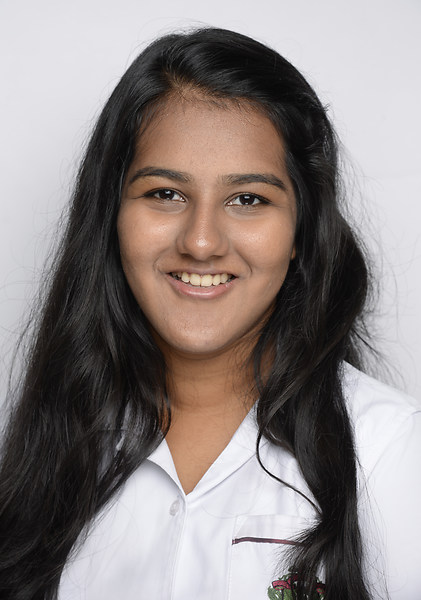
Aakanksha Mehta
2 A* & 1 A
Northeastern University (USA) – Economics
-
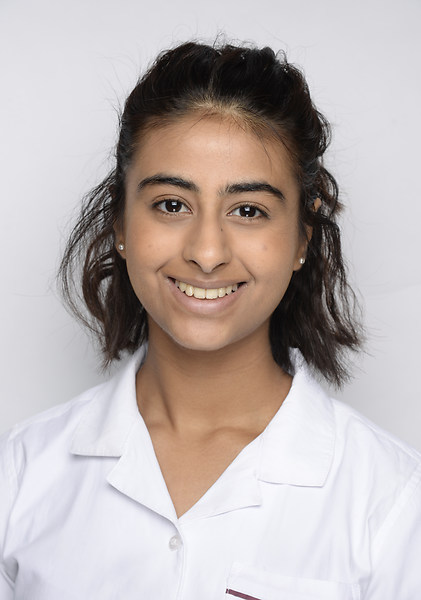
Rhea Raj
2 A* & 1 A
St Georges University (Grenada) - Medicine
-

Sita Williams
2 A* & 1 A
University of Bristol - Maths
Explore Our Subjects
-
Arabic
GCSE Arabic helps you explore a wide range of topics, from celebrations and festivals, through getting by as a tourist in Arabic-speaking countries to international campaigns and events. -
Art and Design
GCSE Art and Design is about having an adventurous and enquiring approach to art and design and enjoying the process of developing the skills to communicate your ideas. -
Business Studies
Students will study the relationship between business activity and the changing environment within which it takes place, the structure, organisation and control of the main forms of business and business management in a competitive environment. -
Drama
IGCSE Drama is the perfect subject for you if you have a very good command of English and want to deepen your understanding of drama performance with theory. -
Economics
Economics GCSE is an essential grounding for further study of Economics at A level and degree level. -
French
French is a very useful language for work and pleasure in later life. The ability to speak and understand a foreign language is an important part of a person’s overall education. -
Geography
An understanding of the processes which affect physical and human environments. -
History
Very few subjects offer such sustained practice of the Higher Order Thinking Skills, prized by acclaimed universities and a host of top professions, than History. -
Physical Education
Physical Education is ideal for those people interested in sports and games. -
Product Design
This course encourages extensive use of designing, testing, planning, materials, prototyping, CADCAM, analysis, evaluation and graphic communication to present a design solution for a given situation or problem. -
Spanish
The ability to speak and understand a foreign language is an important part of a person’s overall education, for travelling abroad or communicating with other nationalities in any aspect of work.
